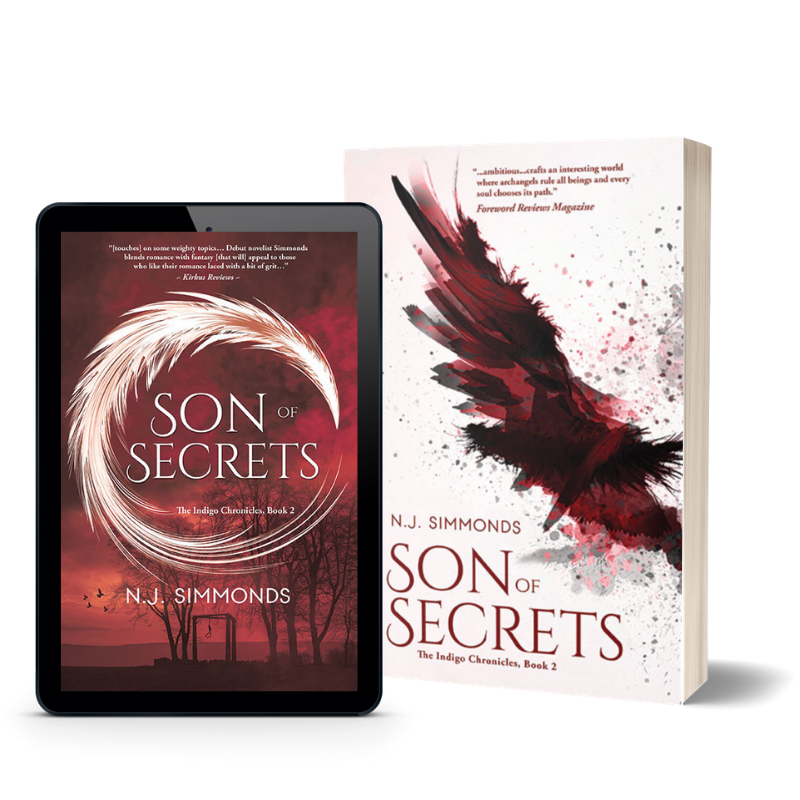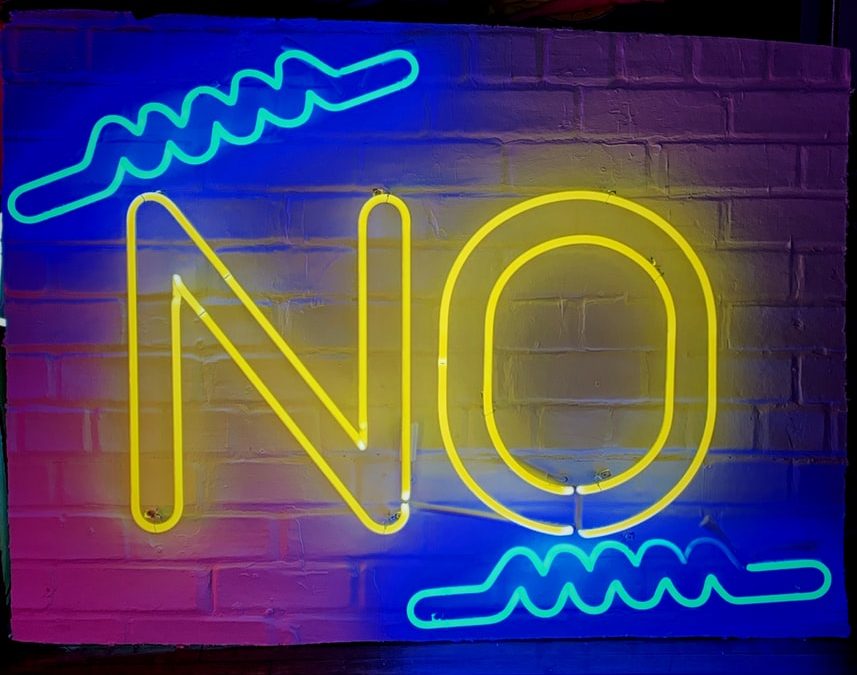The life of a published author is a tricky one. We expect the hard work, the industry rejections, life on the bread line and a tiny bit more attention than we had before – but what many writers don’t expect is the vast number of unreasonable expectations put upon them. Not a day goes by where I don’t have a writer friend say to me – ‘I’m going to have to say no, but I feel so uncomfortable about it.’
I was also saddened to notice it was predominantly female writers with this issue.
Why? Why do women, especially creative ones, have such an issue pushing back and setting boundaries? Do people expect women to be bigger pushovers than men, so don’t put male writers in that position? Do men feel generally more empowered within society anyway, so don’t carry the guilt of the big NO like we do? Or am I totally wrong, guys just moan about it less (are conditioned to complain less) than we do, but suffer just the same?
The truth is writers are probably ALL a load of old softies who like to please – but please bear in mind these observations are based solely on my own experiences (white, straight, female author). I don’t/can’t claim to speak for everyone, so I’d love to hear your own stories about the challenges of saying no!
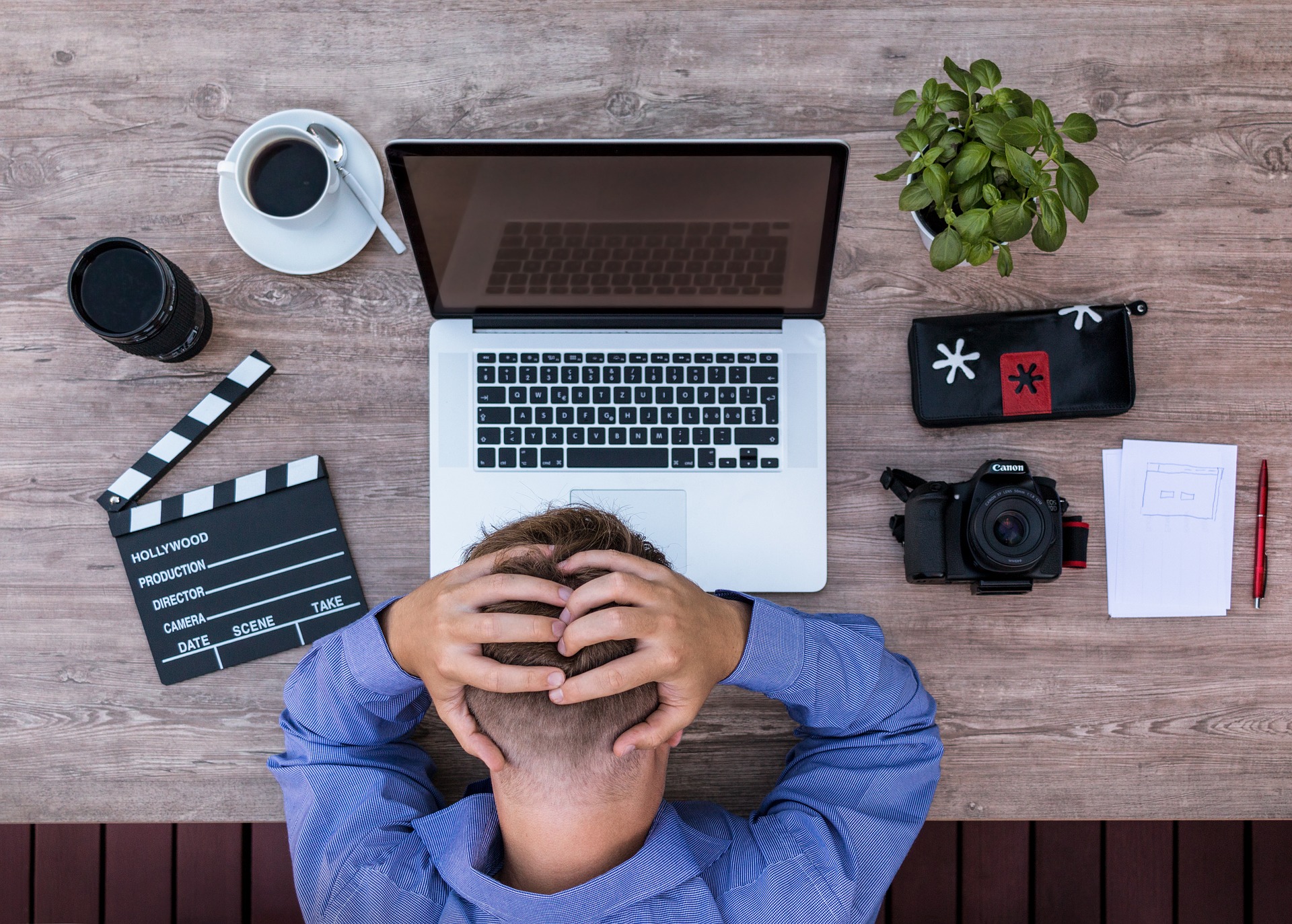
Societal expectations of women to appease, keep the peace and please over the centuries has created a difficult scenario in business where we find saying no difficult. Saying no doesn’t sit well with the messages we were brought up with – ‘be a good girl, just be nice, don’t make a fuss’. So combine that with the added pressure of creatives feeling like their time/ideas are unquantifiable, therefore can’t be easily monetised, means female authors in particular are forever uncomfortable pushing back when asked to do more than what is reasonably expected of them. We feel like we’ve done something wrong.
Ask yourself, how comfortable are you at saying no to daily requests such as these?
Can you pop into my book club and stay for a chat next week? But we can’t pay you.
Can you attend this event, your readers want you there? There’s no budget though.
We’re changing your title/creating this hideous cover/want you to do this interview about personal stuff/need you to step out of your comfort zone. You have to, this is what authors DO.
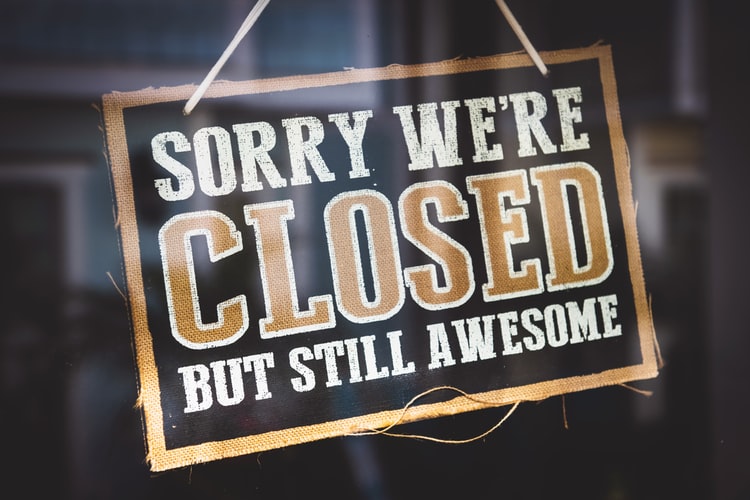
There’s an old saying – only those who benefit from you having no boundaries, will be put out by you setting boundaries.
For the sake of our mental health and general peace of mind, boundaries are vital. As authors, we need to not only decide what’s acceptable to us, but also set a precedence for the industry. The more we declare what’s acceptable, the more the industry will tow the line.
Exploitation of creatives has always been rife (ask Van Gogh), more so than ever today where “free” is a new marketing tool. I lecture on this at MA level, how businesses use the “get this for nothing, our profit margins are found on the up-sells and upgrades” model. So it stands to reason that creative content, be it film, music, books or any other form of storytelling, is given a low value. Unlike, say, financial, legal or trade services.
That means we, the creators, have less power too. Or at least it feels that way.
But it’s a strange paradigm, because actually – the higher value you put on yourself, the more you’re valued by others.
Saying no doesn’t make you horrible, it doesn’t mean you’re missing out or being difficult – it makes you valuable. Your time and your boundaries of acceptability aren’t limitless. Only you have the power to decide what falls into your remit.
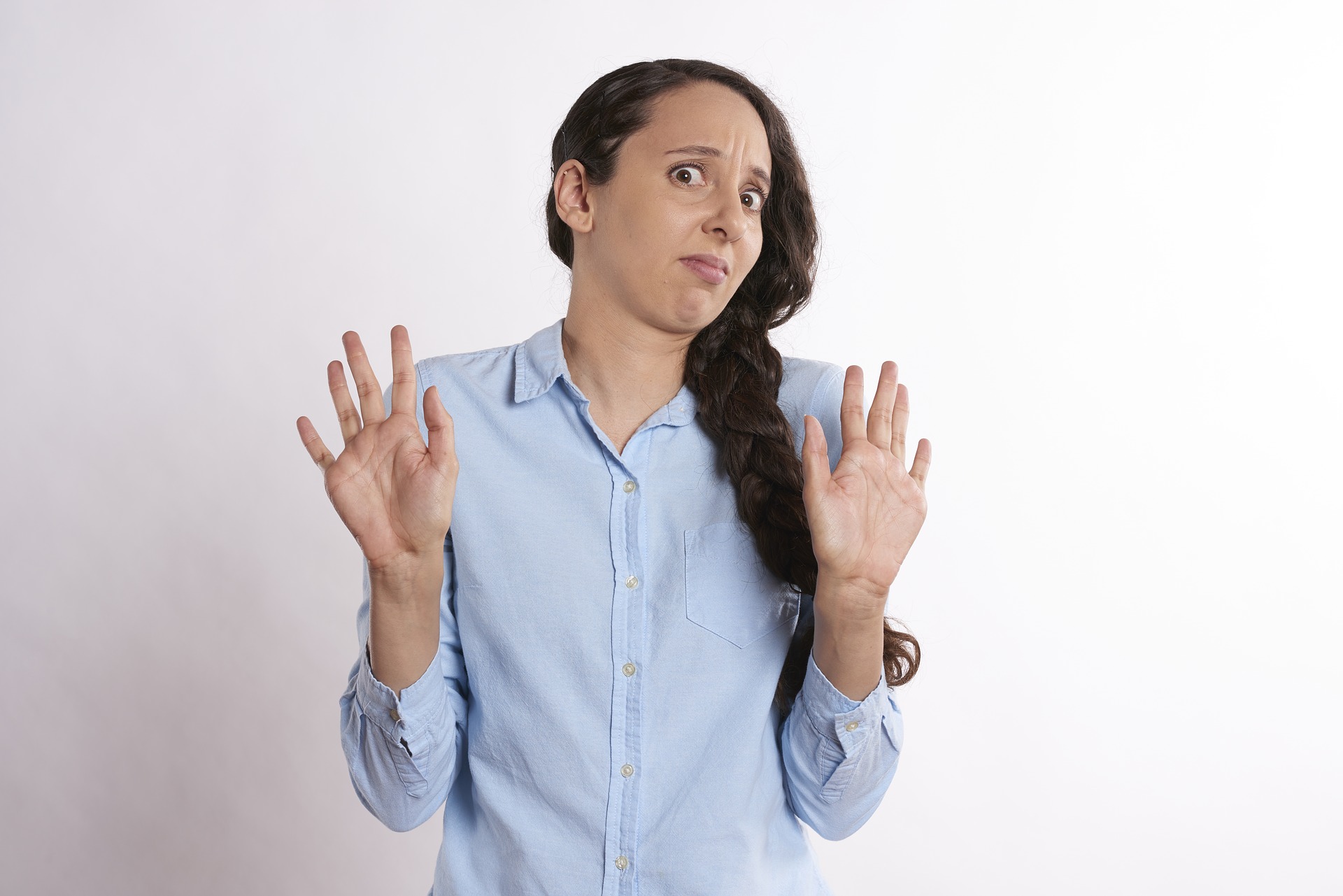
Initially, for people pleasers, saying no is uncomfortable. We find ourselves over explaining, justifying and placating with replacements – “I’m so sorry, I feel terrible, I can’t do that free event. Forgive me, I have no childcare and we’re at family do that week and my aunt Mary broke her leg. I feel so bad, but here’s a compensatory ten books I paid for out of my own money because I’m wracked with guilt.”
These responses aren’t strong, they’re simply empowering the ones who already didn’t value you enough to offer to pay you/give you enough notice/put you in a difficult position.
When you respond with – “Thank you for your offer, but I won’t be able to attend. My day fee is £xxx. I am interested in taking part in future events, but please ensure you give me at least X months notice next time. Hope it goes well!” is still saying no, but it’s also politely setting boundaries. The more authors set parameters, the more society will accommodate our needs.
Saying yes to everything doesn’t sell more books. Saying yes doesn’t get you liked (it actually encourages exploitation). Saying yes to things you don’t want to do creates stress, resentment, anxiety and puts pressure on you as a writer, your family and other commitments.

So please, next time you are asked to do something you don’t want to:
– Consider your own boundaries (Will I want to do this if it pays? If it’s on another date? If it’s on different terms?) and respond accordingly.
– Don’t over explain. A polite “no thank you” is enough. Who’s going to ask you to justify further? How dare they? It’s none of their business why you cant or don’t want to.
– Remember you’re an author, it’s business, this isn’t you being mean and you don’t owe anyone anything. Next time, that person/business will respect and value you more.
– Forget guilt and being liked. Fuck being liked. You’re good at your job, you have limits, it’s not a popularity contest.
I promise you, the more you say no and push back, better offers from better people will pop up. Plus you’ll receive more respect from others including your readers, publishers and those wanting to work with you. Only chancers and piss-takers want you and your work for nothing – and who wants to please people like that?
Do we want to be that desperate author who is happy to give away her time and her work, for fear of upsetting people or being dropped? No, we don’t. We’re better than that. We’re worth more than that. The more WE believe it, the more THEY will too.
So go on, say no. You may just like it!!
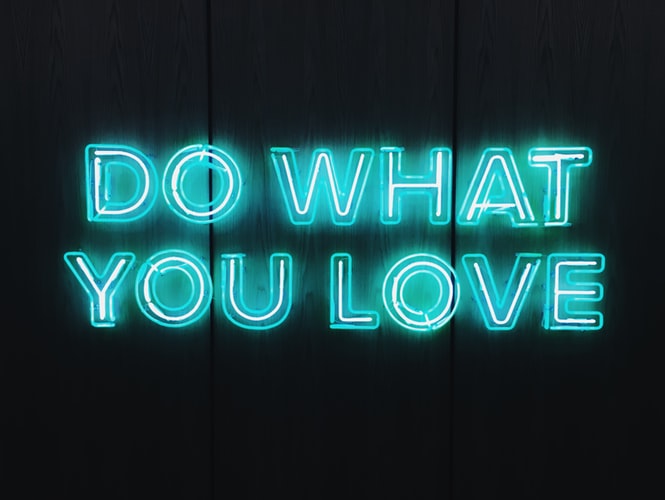
N J Simmonds is an urban fantasy romance author, public speaker and guest lecturer at The Hague University of Applied Science. Click here for information about her books, or visit her website for more blogs and contact details.

